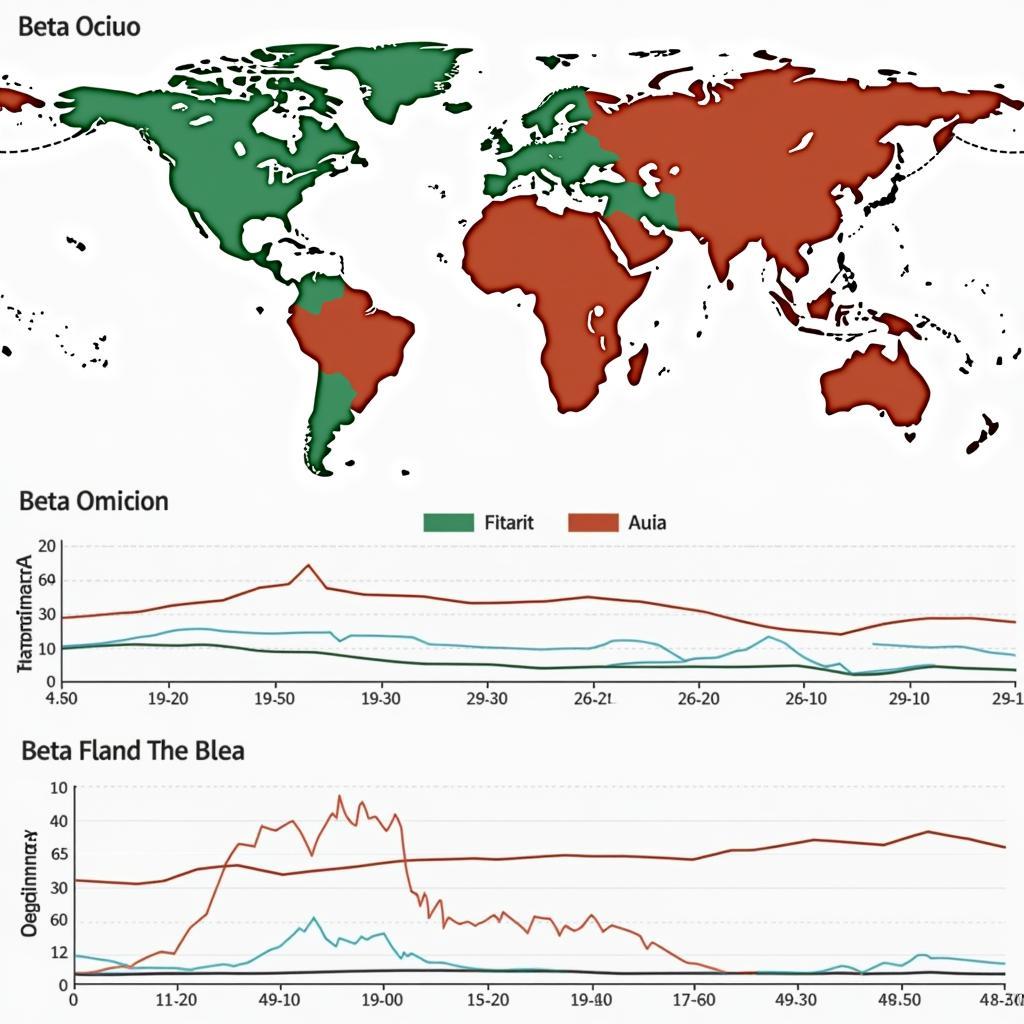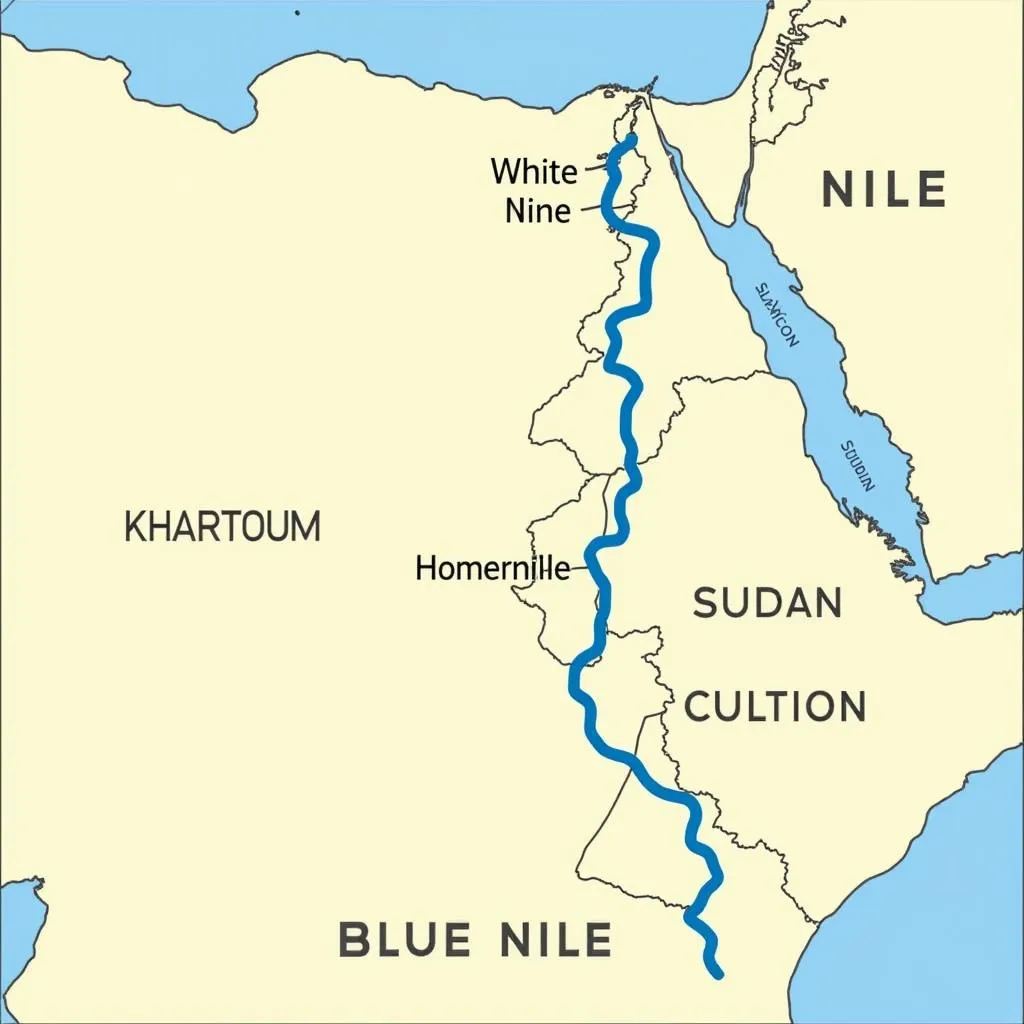Understanding the African Variant of COVID-19
The emergence of the African Variant Covid sparked global concern and highlighted the interconnectedness of the world in the face of a pandemic. This article delves into the key aspects of these variants, their impact, and the lessons learned. We will explore the scientific understanding, public health responses, and the socio-economic implications of these variants, aiming to provide a comprehensive overview of this crucial chapter in the COVID-19 pandemic.
What were the Key African COVID-19 Variants?
Several COVID-19 variants emerged from Africa, raising concerns about their potential impact on the pandemic’s trajectory. These variants, like those identified in other parts of the world, arose through mutations in the virus’s genetic code. Some of the most notable variants included Beta and Omicron. Understanding their characteristics is essential to comprehending the global fight against COVID-19. The emergence of these variants underscored the need for continued vigilance, robust surveillance, and equitable access to vaccines and treatments worldwide. It also reiterated the critical role of international collaboration in tackling global health challenges. Early detection and rapid response are crucial in mitigating the spread and impact of emerging variants.
The emergence of new variants, such as the one discussed in the south african covid 19 new variant article, highlighted the dynamic nature of the virus and the importance of ongoing research and surveillance.
 African COVID Variants: Beta and Omicron
African COVID Variants: Beta and Omicron
How did these African Variants Impact the Global Pandemic?
The african variant covid presented unique challenges to the global pandemic response. These variants prompted concerns about increased transmissibility, potential immune evasion, and the effectiveness of existing vaccines. Understanding their impact requires a nuanced approach, considering both the scientific data and the socio-economic context in which they emerged. One key concern was the potential for these variants to exacerbate existing health disparities, particularly in regions with limited access to healthcare resources.
 Global Impact of African COVID Variants
Global Impact of African COVID Variants
The emergence of variants, as discussed in the covid african variant resource, had a significant impact on travel restrictions and public health measures globally.
Lessons Learned from the African COVID-19 Variants
The african variant covid offered valuable lessons for pandemic preparedness and response. These lessons encompass scientific advancements, public health strategies, and international collaboration. One key takeaway is the importance of genomic surveillance in tracking viral evolution and identifying emerging variants. The experience with these variants also highlighted the need for agile vaccine development and equitable distribution to ensure global access to life-saving interventions. Furthermore, it reinforced the crucial role of community engagement and risk communication in building trust and promoting adherence to public health measures.
The south african variant provides further insight into the specifics of one particular variant and its characteristics.
What Were the Public Health Responses to the African Variants?
Countries across the globe implemented various public health measures in response to the african variant covid. These measures included enhanced surveillance, travel restrictions, and strengthened testing and contact tracing efforts. Some countries also implemented stricter lockdown measures and social distancing guidelines to mitigate the spread of these variants. The effectiveness of these measures varied depending on the specific context and the resources available.
 Public Health Responses to African COVID Variants
Public Health Responses to African COVID Variants
The information regarding diseases specific to certain demographics, such as the one discussed in african american disease only, can be relevant in understanding the broader context of health disparities and the need for targeted interventions. Understanding geopolitical factors, such as which african country that borders red sea, can be helpful in analyzing regional responses to the pandemic.
Conclusion
The african variant covid presented significant challenges to the global fight against the pandemic. However, they also provided valuable lessons for future pandemic preparedness and response. By understanding the characteristics of these variants, their impact, and the public health responses, we can better equip ourselves to address future health crises. Continued investment in research, surveillance, and equitable access to healthcare interventions is crucial to mitigating the risks posed by emerging variants and building a more resilient global health system.
FAQ
- What were the most prominent african variant covid?
- How did these variants impact vaccine effectiveness?
- What public health measures were implemented in response to these variants?
- What were the socio-economic impacts of these variants in Africa?
- What lessons were learned from the emergence of these variants?
- How did international collaboration contribute to addressing these variants?
- What is the importance of genomic surveillance in tracking viral evolution?
Scenarios
- Scenario 1: A traveler returning from Southern Africa tests positive for a new COVID-19 variant. What are the next steps for public health authorities?
- Scenario 2: A community experiences a surge in COVID-19 cases linked to a new variant. How can community engagement and risk communication help manage the situation?
Further Exploration
For more information on related topics, explore other articles on our website covering various aspects of global health, pandemic preparedness, and the impact of COVID-19.
Call to Action
For any assistance or inquiries, please contact us:
Phone: +255768904061
Email: kaka.mag@gmail.com
Address: Mbarali DC Mawindi, Kangaga, Tanzania.
Our customer service team is available 24/7.



